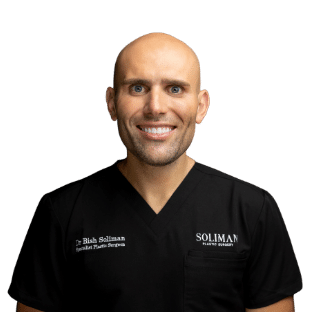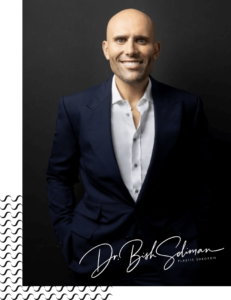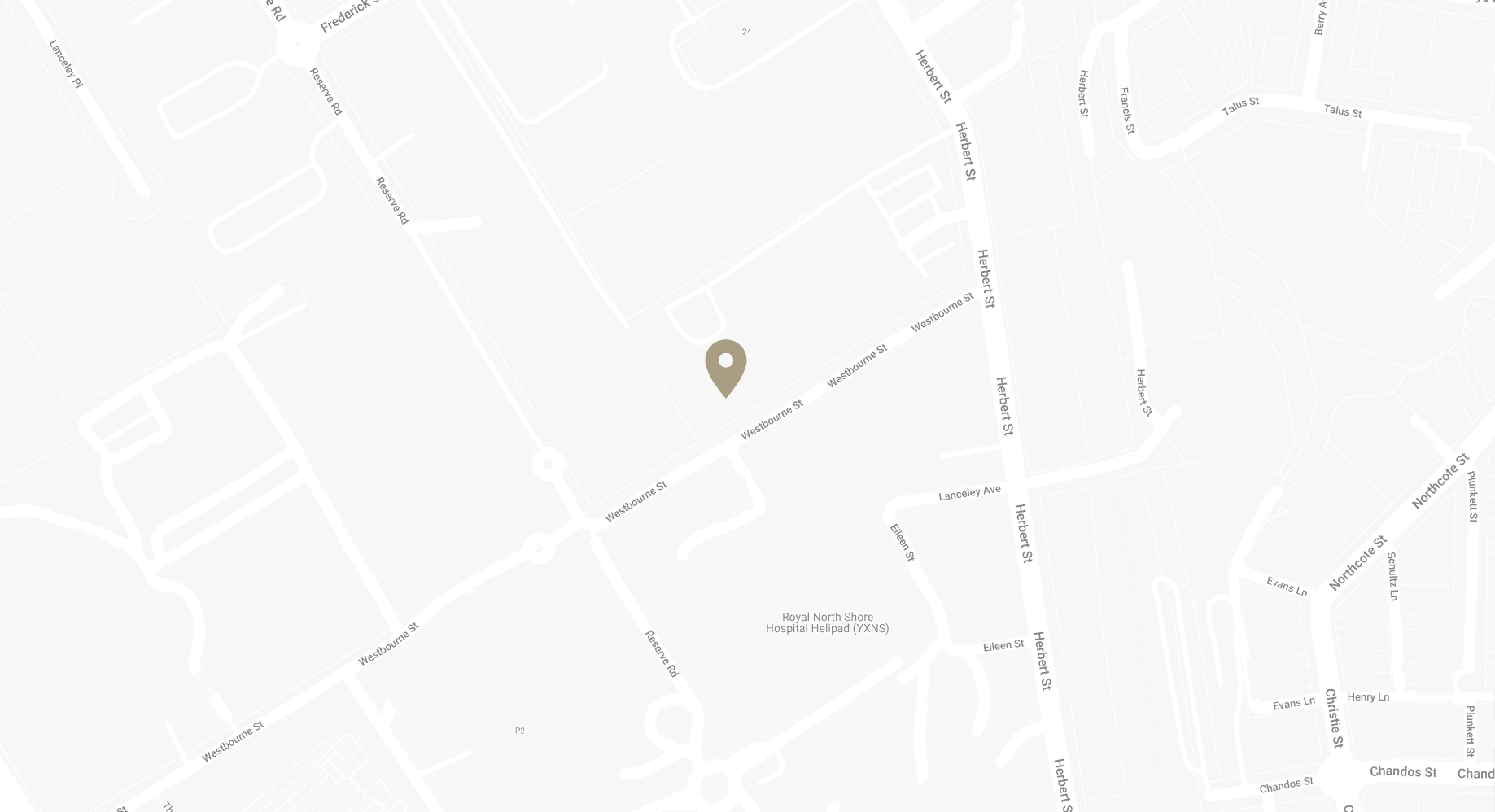Concerns about lines, wrinkles, and facial sagging become more common as we age. PRP (Platelet-Rich Plasma) is a treatment designed to address concerns about skin health and signs of ageing.
PRP is a non-surgical skin treatment that uses a specialised blood sample to promote healthy collagen production in the skin. A blood sample is extracted from the patient, processed, and injected into the treatment area to address specific skin concerns, often related to skin tone and texture.
PRPWho is a good candidate?
We will assess your suitability for PRP treatments during your personal consultation. During this meeting, we will discuss your medical history, any current medications you are taking, and your reasons for seeking this treatment. We will also address your specific areas of concern and how PRP treatments can address them. Once we have discussed the relevant details, we will be able to formulate a personalised treatment plan suited to your body and desired outcomes.
Whilst this is a versatile treatment that can benefit a variety of people, the procedure may not be suited to everyone. For example, pregnant or breastfeeding mothers, people with blood disorders, and smokers are likely not suitable for PRP treatments. If you are unsure about whether this is the right treatment for you, we can answer your questions during your initial appointment.
PRPBenefits
PRP has become an increasingly popular treatment in recent years. The process harnesses the power of natural platelets in the blood to produce a number of health-promoting effects. By injecting platelet-rich blood into selected areas, patients can address:
- Signs of ageing, such as lines and wrinkles
- Damaged skin and scarring
- Lax skin around the face and neck
- Ageing hands
- Uneven skin tone
- Dry or dull skin
Platelet-rich plasma contains growth factors that naturally increase your body’s ability to produce collagen (proteins that keep the skin flexible and elastic). In addition to increasing collagen production, the treatment can also be used to relieve joint and ligament pain, improve tendon repair, and increase hair growth on the scalp.
Results can vary depending on your skin needs and the details of your treatment. If you wish to learn more about what this treatment can offer you, speak to Dr Bish Soliman in a consultation.
Your personal consultation
Before your procedure, get personalised guidance from highly skilled Specialist Plastic Surgeon, Dr Bish Soliman and his team. With years of experience, he will tailor your treatment for your body, health, and ideal outcomes. Book your personal consultation to receive:
- In-depth information about your desired procedure
- Personalised advice from the team at Soliman Plastic Surgery
- A customised treatment plan tailored to your needs
PRPThe procedure
PRP treatments are a multi-step process, beginning with the extraction of a blood sample. The sample is usually taken from the patient’s arm, which is then processed through a specialised device. This separates the liquid component of the blood (plasma) from the blood cells that are responsible for producing healing effects (platelets). The device creates a higher concentration of platelets in the blood, producing what we refer to as platelet-rich plasma.
Once the sample has been processed, it is then injected into the area of the body which is being treated, often the face, neck, or hands. When injected, the platelets release growth factors that produce tissue regeneration and collagen production in the skin. Most patients find PRP treatments comfortable, but a topical numbing cream can be applied to minimise any discomfort.
Treatment sessions will usually take between 45 and 60 minutes, and multiple areas can be treated at once. Depending on the details of your procedure, the results will normally last for 12 to 18 months.
PRPAftercare and risks
Immediately after your PRP treatment, you may experience some redness and sensitivity. It is also common for the skin to feel tight and warm, a consequence of the increased blood flow to the area. However, these symptoms are temporary and do not usually interfere with your everyday activities.
After your PRP procedure, you will be given at-home care instructions, customised to your specific circumstances. It is important to follow these instructions to minimise potential complications such as numbness, persistent pain, or infection. Whilst recovery times can vary from patient to patient, it is usually recommended that you refrain from physical exercise for 24 hours. You should also refrain from smoking and drinking alcohol, as well as avoid touching or rubbing your face to ensure your treated area heals properly.
Learn More About Dr Bish Soliman
Dr Bish Soliman is a Sydney based Specialist Plastic and Reconstructive Surgeon specialising in complex microsurgical reconstruction including breast reconstruction, aesthetic surgery of the face, breast, and body as well as skin cancer surgery.




